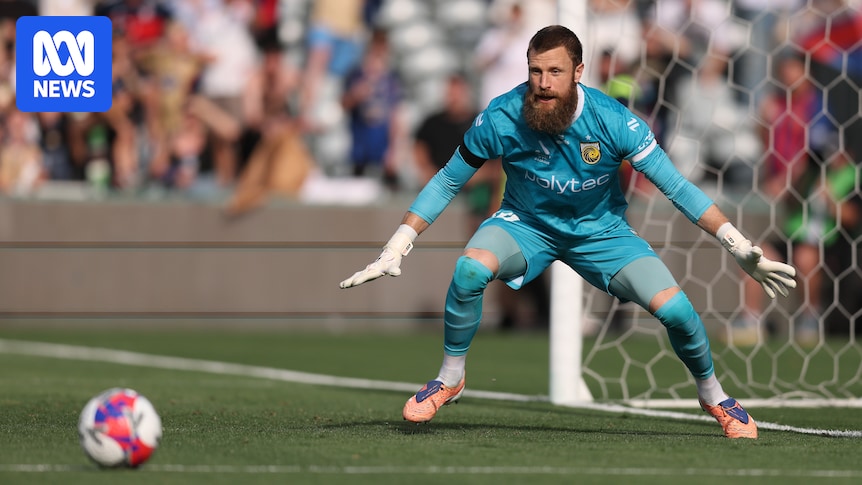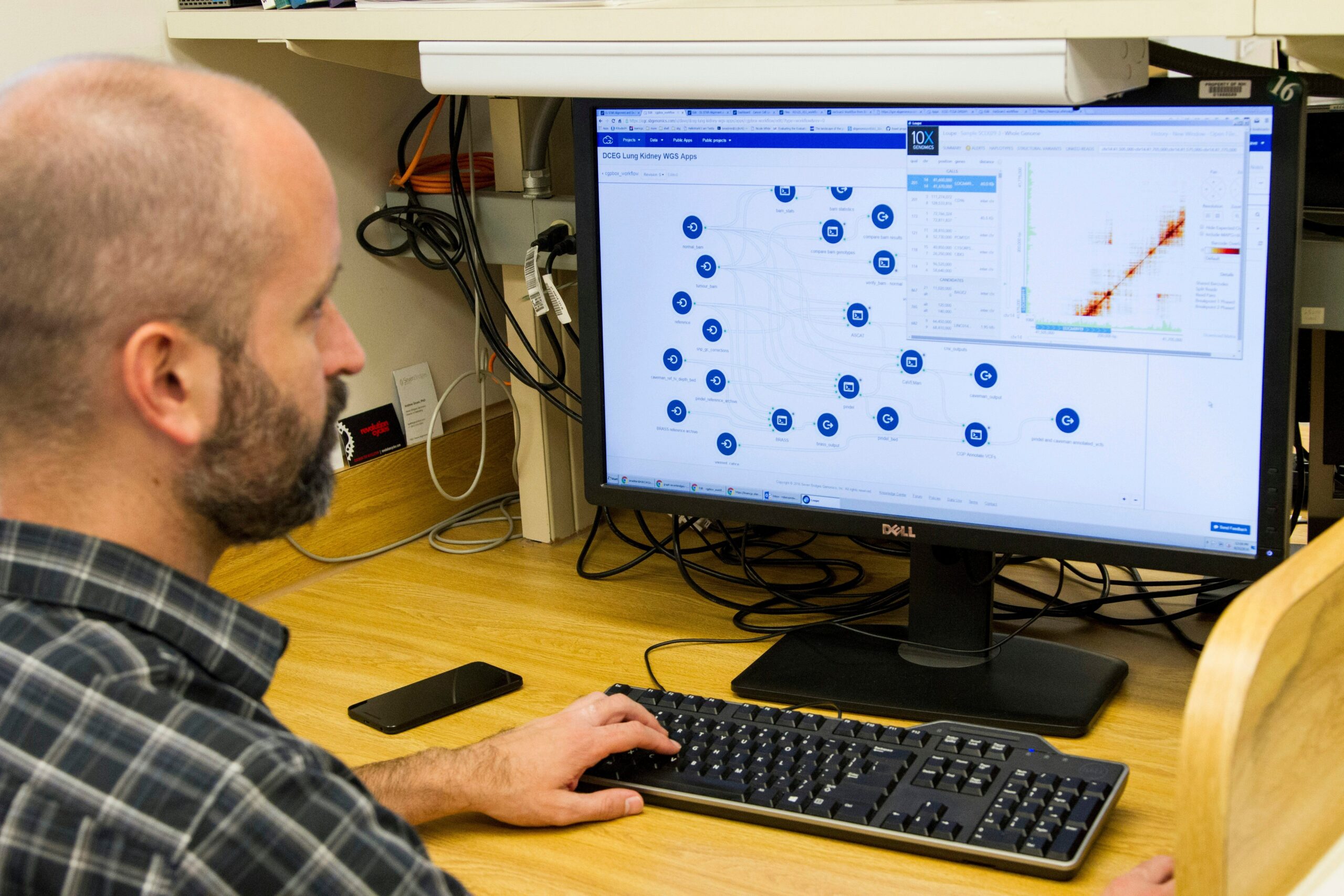
A-League footballers are grappling with significant challenges related to mental health, substance abuse, and job security, as revealed in a recent report by Professional Footballers Australia (PFA). The report, which surveyed A-League players at the conclusion of the 2024-2025 season, highlights that 66% of female players and 43% of male players experienced “sport-psychological distress”.
This distress is something former Socceroos goalkeeper Andrew Redmayne is all too familiar with. Redmayne, a key figure in Australia’s 2022 World Cup qualification campaign, found himself without a contract after playing 192 games with Sydney FC. “It’s hard,” he told ABC Sport. “I mean, I was coming off contract and I didn’t have much kind of going for me at the time, with a wife and two kids, you kind of do need a pay-cheque. We’re not on exorbitant salaries playing football here in Australia and the cost of living isn’t getting cheaper.”
Redmayne eventually secured a contract with his original club, Central Coast, and proved his worth by saving a penalty in the Mariners’ 3-2 round-one victory over Newcastle. His experiences underscore the findings of the PFA’s Player Development Program Insights and Impacts Report, which was established to support players with their career, wellbeing, and retirement.
Mental Health and Substance Abuse: A Growing Concern
The PFA’s survey revealed alarming levels of poor mental health, substance abuse, and disordered eating among A-League players. PFA Chief Executive Beau Busch explained that “sport-psychological distress” could encompass anything from performance anxiety to generalized anxiety disorders and depression. “There are a number of clubs we believe are falling short of ensuring the players have a safe workplace, but also, critically, a workplace where they can thrive,” Busch stated.
“Thirty-four percent of female players and 31% of male players surveyed reported alcohol misuse.”
Busch noted that these figures are “pretty consistent with the general population,” but emphasized the unique pressures faced by athletes. “What we’ve seen in our research is that a player that gets injured is far more likely to engage in gambling or alcohol misuse,” he added.
Financial Strain and Job Insecurity
The financial instability of many A-League clubs exacerbates the mental health challenges faced by players. Busch highlighted that players coming off contracts are more likely to encounter periods of unemployment, as seen with some Western United players who found themselves jobless when the club’s participation in the season was put on hold. “We’re seeing greater churn start to come back up when there’s increasing financial strain amongst the league,” Busch explained.
Redmayne, 36, described the stress as “quite phenomenal,” especially for younger players striving to establish themselves in the competitive industry. “When you’re a younger player, when you haven’t got that position cemented down or contract cemented down, or if you still have aspirations to play overseas and you need certain KPIs to kind of further yourself, it’s a big stress,” he said.
The Role of Support Systems and Future Directions
A-League clubs are required to provide players access to a sports psychologist or a wellbeing manager responsible for delivering confidential psychological support services. However, the survey found that less than half of A-League Women players were either very or extremely confident about their career direction and control. The A-League Women’s competition, largely semi-professional, offers a minimum wage of $26,000 per year, with Busch estimating that only about 30% of A-League women players are fully professional.
“The vast majority are really very close to that minimum wage figure,” Busch said. “And we’re seeing that take a significant toll on these players.”
Busch also pointed out the “unsustainable” rates of pay in the league and the lack of progress in women’s football in Australia compared to other international leagues. “We’re seeing leagues around the world make really important progress swiftly — we’re seeing that domestically with AFLW and others and we haven’t kept pace,” he observed.
Addressing Disordered Eating and Legacy Practices
The survey also revealed that 41% of women and 32% of men in the A-League competitions had disordered eating habits. Historically, there was a focus on skin-fold tests, particularly for men, which Busch described as “almost shaming.” He noted that these legacy practices have had a significant impact on players, especially female players, though changes are slowly being implemented.
“That’s thankfully starting to change, but it’s not changing quick enough … we need to have more impact on that and speed up that process,” Busch said.
As the Australian Professional Leagues organisation, which oversees the A-League competitions, declined to comment, the PFA’s report serves as a critical reminder of the ongoing challenges faced by footballers in Australia. The findings highlight the urgent need for improved support systems and financial stability within the league to ensure both the mental and physical wellbeing of its players.







